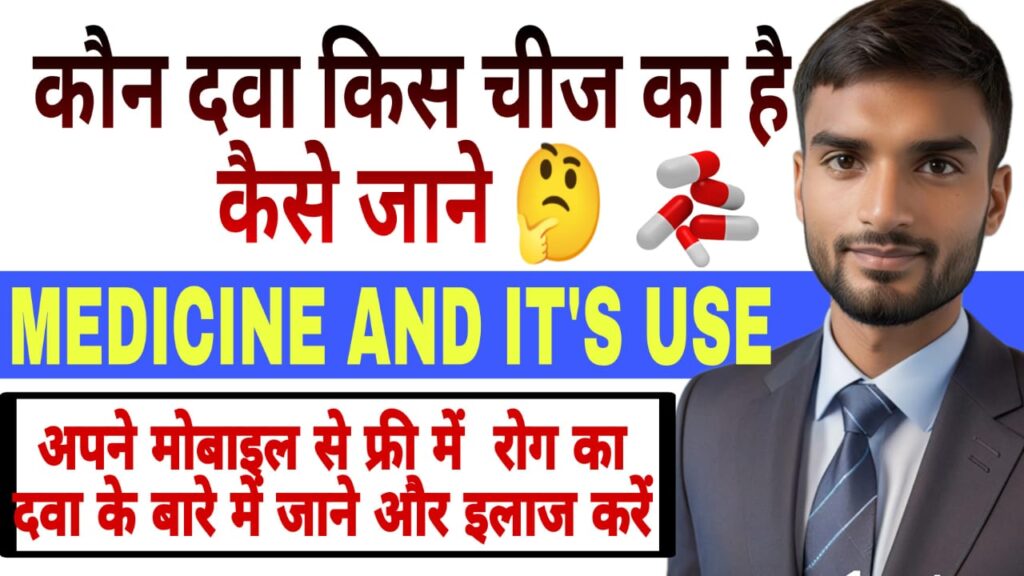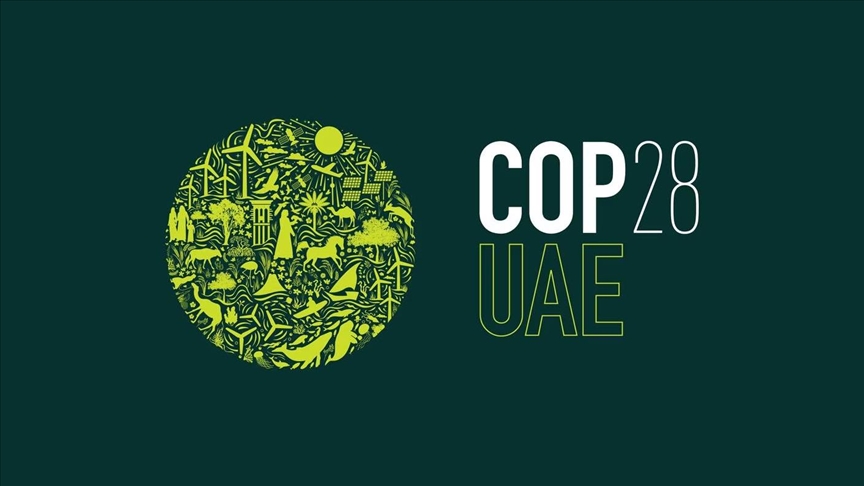In the world of healthcare, the concept of “essential medicines” is foundational. The World Health Organization (WHO) defines essential medicines as those that satisfy the priority health care needs of the population. They are crucial for addressing the most common health problems and ensuring that individuals receive safe and effective treatment. This blog post will delve into the types of essential medicines, their uses, and specific categories, including common, high-risk, and emergency medications.
What Are Essential Medicines?
Essential medicines are selected based on their efficacy, safety, and cost-effectiveness. They are intended to be available within the healthcare system at all times, in adequate amounts, and at a price that individuals can afford. The WHO maintains a Model List of Essential Medicines, which serves as a guide for countries to develop their own lists.
Common Essential Medicines
These are the medicines that are frequently used in primary healthcare settings. They are typically used for common conditions and have proven effectiveness. Here are some key examples:
1. Analgesics
- Uses: Pain relief for headaches, arthritis, and other acute pain conditions.
- Examples: Paracetamol (Acetaminophen), Ibuprofen.
2. Antibiotics
- Uses: Treat bacterial infections.
- Examples: Amoxicillin, Ciprofloxacin.
3. Antihypertensives
- Uses: Manage high blood pressure.
- Examples: Lisinopril, Amlodipine.
4. Antidiabetics
- Uses: Control blood sugar levels in diabetic patients.
- Examples: Metformin, Insulin.
5. Vaccines
- Uses: Prevent infectious diseases.
- Examples: Measles, mumps, and rubella (MMR) vaccine, Influenza vaccine.
High-Risk Essential Medicines
High-risk medicines require careful monitoring due to their potential side effects or interactions. These medications can be life-saving but also pose significant risks if not used appropriately.
1. Anticoagulants
- Uses: Prevent blood clots in conditions like atrial fibrillation or deep vein thrombosis.
- Examples: Warfarin, Apixaban.
- Note: Requires regular blood monitoring to ensure therapeutic levels.
2. Opioids
- Uses: Severe pain management.
- Examples: Morphine, Oxycodone.
- Note: High potential for addiction; careful prescribing is essential.
3. Chemotherapeutics
- Uses: Treat cancer.
- Examples: Doxorubicin, Cyclophosphamide.
- Note: Often have significant side effects and require specialist oversight.
Emergency Essential Medicines
In emergency settings, certain medicines are crucial for stabilizing patients and addressing life-threatening conditions. These medicines must be readily available and used promptly.
1. Adrenaline (Epinephrine)
- Uses: Treat anaphylaxis (severe allergic reactions) and cardiac arrest.
- Administration: Intramuscular or intravenous injection.
2. Nitroglycerin
- Uses: Manage chest pain (angina) and heart attack.
- Administration: Sublingual tablet or intravenous infusion.
3. Aspirin
- Uses: Prevent blood clots during a heart attack.
- Administration: Chewable tablet for quick absorption.
4. Atropine
- Uses: Increase heart rate in bradycardia (slow heart rate).
- Administration: Intravenous injection.
5. Furosemide
- Uses: Treat acute heart failure and pulmonary edema.
- Administration: Intravenous or oral.
Conclusion
Essential medicines play a vital role in healthcare systems worldwide, ensuring that individuals have access to safe and effective treatments. Understanding the different categories—common, high-risk, and emergency medicines—helps patients and healthcare providers navigate the complex landscape of medication use.
Awareness of these essential medicines not only empowers patients but also fosters better communication between healthcare providers and those they serve. By ensuring that essential medicines are available, affordable, and used appropriately, we can improve health outcomes and enhance the quality of care for all.
For anyone looking to familiarize themselves further with essential medicines, consider discussing with healthcare providers or consulting local resources to understand which medications are most relevant to your health needs.
[quick_download_button title="Download" color_bg="#ffc107" open_new_window="true" wait=15 msg="Please wait 15 seconds" url_external="https://google.com"]







